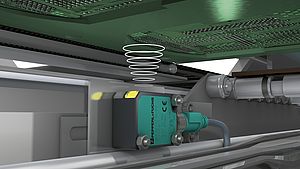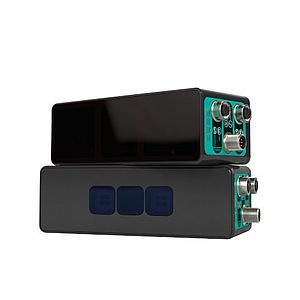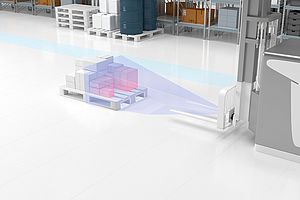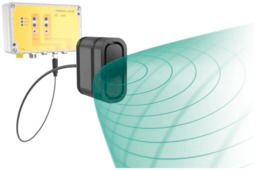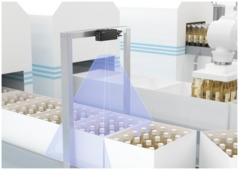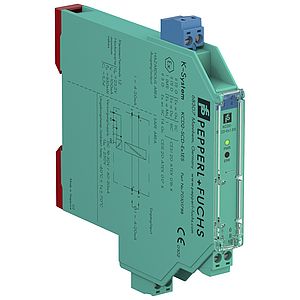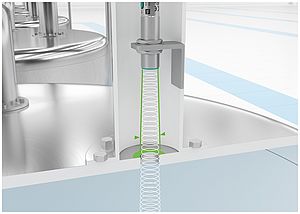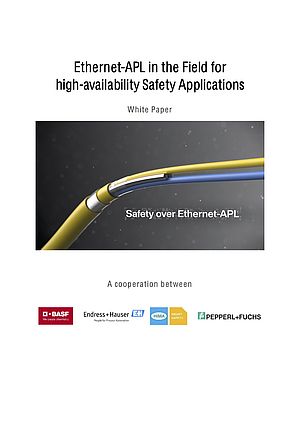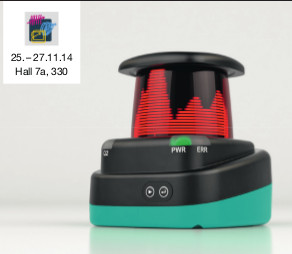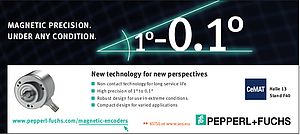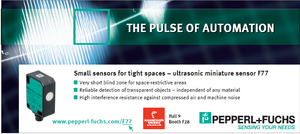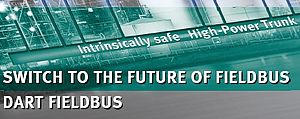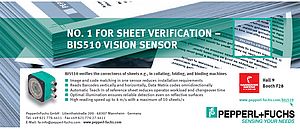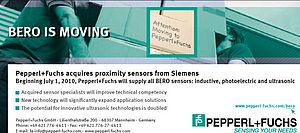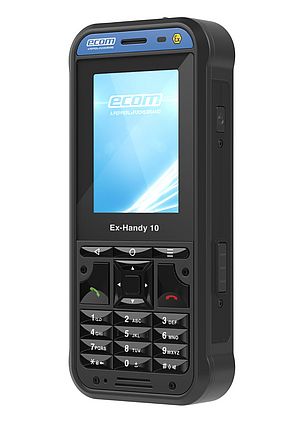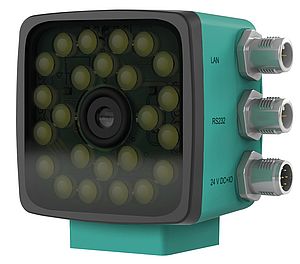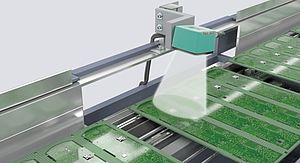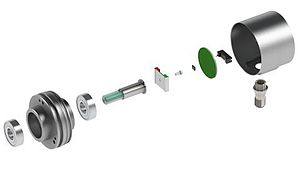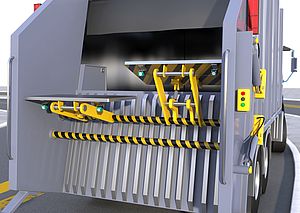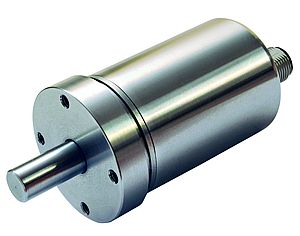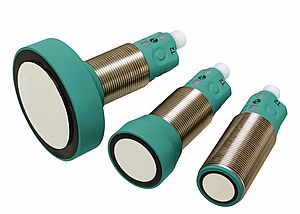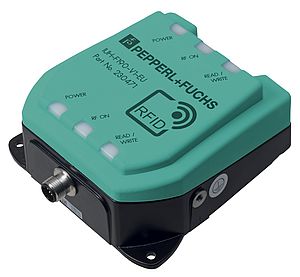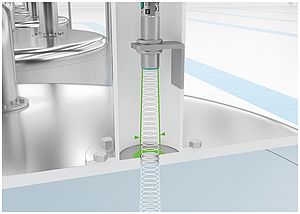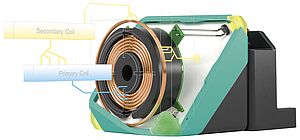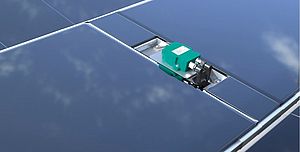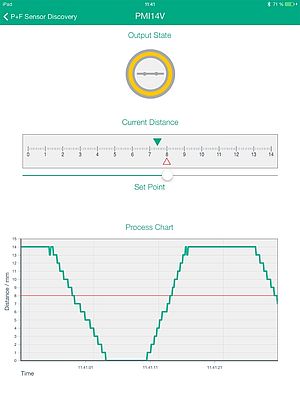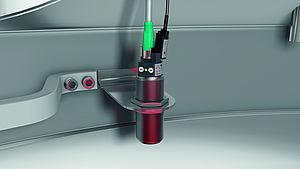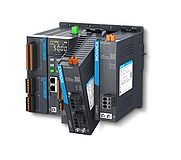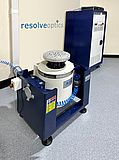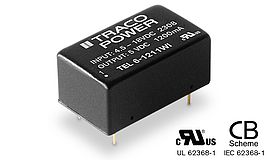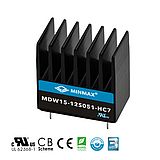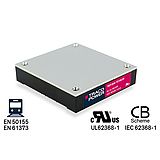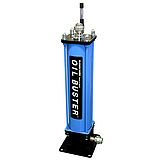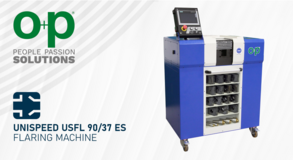Optimized for use in extreme outdoor ambient conditions, the Pepperl+Fuchs F99 inclination sensors differentiate themselves through a micromechanical spring-mass system with a robust IP68/69K protection-class housing, intuitive parameterization including high-performance current, voltage and switch outputs or a CANopen bus interface. The spring-mass system and is wear-free and does not require a target. The sensor is offered in different versions for monitoring one and two orthogonal inclination axes are available. As standard, the measurement ranges each cover a full 0 to 360°, whereby an absolute precision of ≤ ±0.5°, a resolution of ≤ 0.1 and reproducibility of ≤ ±0.1° are achieved. The output range of the continuous analog current and voltage output can be restricted to a defined lower limit by the user. Commissioning and parameterization are performed particularly easily using an intuitive teach-in procedure. To teach-in switch points, it is merely necessary to press a teach-in button for two seconds, move the sensor to the desired inclination position at which the output is to respond and then confirm the position by pressing the button again. Up to three LEDs provide information on the system status, operational readiness and switching status during parameterization and operation. Switch points can also be copied in a similar way. Furthermore, a special version with a reduced angle range of ±15° offering a resolution of ≤ 0.01°, an absolute accuracy of ≤ ±0.2° and a temperature sensitivity of ≤ 0.004 °/K is also available. Interface versions with current, voltage and switch outputs are available. Measured values for continuous angle monitoring are available on 4 to 20 mA current interfaces or 0 to 5 V voltage interfaces. Short-circuit proof and reverse polarity-protected pnp switch outputs are used in limit value monitoring. These switch outputs are normally-open and are additionally available on the corresponding models. Versions with a CANopen bus interface are compatible with the CANopen protocol according to CiA 301, conform to CiA 410 CANopen device profile for inclination measurement and support baud rates between 125 kBit/s and 1 Mbit/s. The F99 sensors are approved for e1 and CSA. The enclosure protects the precision electronics and ensures high availability of the sensor. An Allen screw locks the metal wedge, fastening the sensor enclosure firmly into the protected metal bracket, even in the case of considerable machine vibration. Shock loading tests have certified a resistance to loading of 100 g in accordance with DIN EN 60068-2-27. The metal bracket can be fully mounted in the customer production process at an early stage and the electronics added at a later date without requiring additional installation work. This mounting principle also enables fast replacement. The sensors can operate at an extended ambient temperature range from -40 to to 85 °C and require a voltage supply in the range of 10 to 30 V DC. Delivery of the sensors with adapted, customer-specific measurement ranges, response times and installation-dependent positioning poses no problems. Special outputs and interfaces or connector and wiring configurations can also be supplied upon request.
Edited by: Teoman Tugsuz





